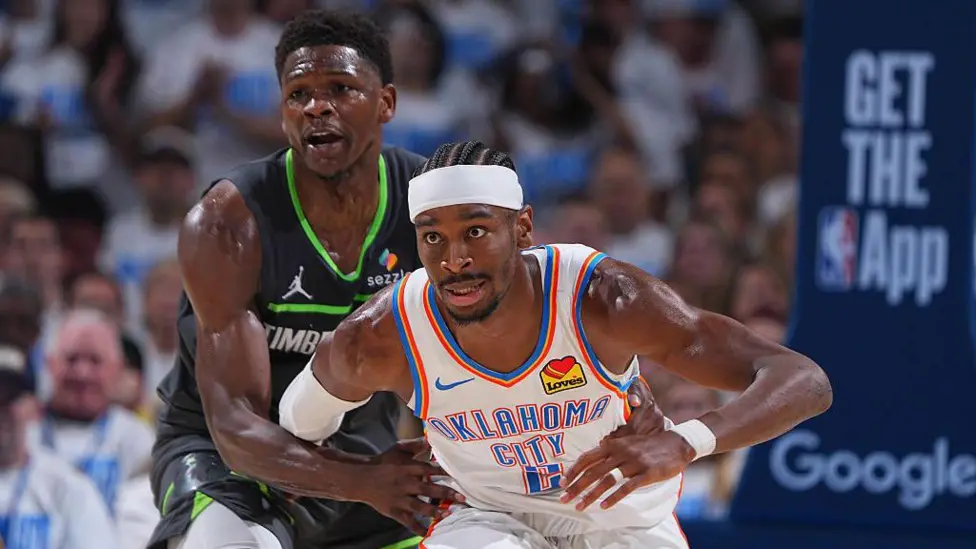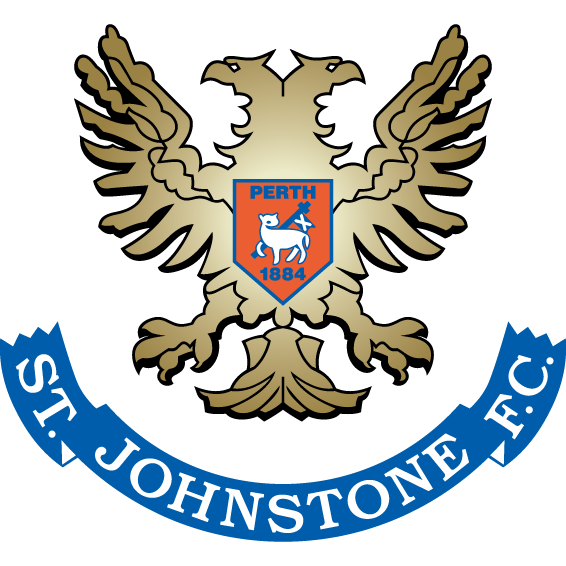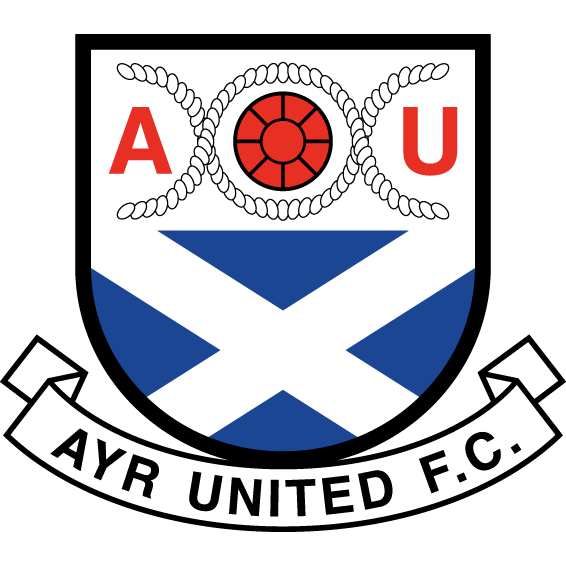
Gilgeous-Alexander Sparks Thunder Comeback in Game 1 Win Over Timberwolves
Shai Gilgeous-Alexander leads Oklahoma City Thunder past Minnesota Timberwolves with a dominant second-half display
In the world of playoff basketball, sometimes it’s not how you start, but how you finish. And on Tuesday night, the Oklahoma City Thunder showed exactly why they’re the top seed in the West, recovering from a sluggish first half to overpower the Minnesota Timberwolves 114-88 in Game 1 of the Western Conference Finals.
The catalyst behind their second-half surge? None other than Shai Gilgeous-Alexander, who once again proved why he’s firmly in the MVP conversation.
A shaky start and a familiar face in rhythm

Gilgeous-Alexander leads Thunder rally past Timberwolves
Early on, it was Minnesota who looked the sharper of the two sides. They came out aggressive, pushing the tempo and dictating the rhythm of the game. Julius Randle—traded to the Timberwolves mid-season and now thriving in his new surroundings—looked unstoppable in the opening half, dropping 20 points before the break. His midrange jumper was falling, he was bullying his way into the paint, and OKC simply had no answers.
The Thunder, meanwhile, looked out of sorts. Missed layups, errant free throws, and a general sense of rust plagued their opening 24 minutes. “Honestly, we were a bit rusty in the first half, but we shouldn’t be,” Gilgeous-Alexander admitted after the game in a post-game interview with ESPN. “We were missing layups, free throws… we just needed to keep being aggressive and trust our work.”
Despite the misfires and lack of rhythm, OKC only trailed 48-44 at the half—testament to their resilience and defensive grit even when things weren’t clicking on the offensive end.
Gilgeous-Alexander flips the switch
If the first half was about survival, the second was all about dominance.
Gilgeous-Alexander, who had a quiet 11 points through two quarters, came out of the break like a man on a mission. He scored 20 of his 31 points in the second half, slicing through Minnesota’s defense with a combination of graceful drives, mid-range pull-ups, and timely three-pointers.
What’s most impressive about SGA’s performance isn’t just the raw numbers—31 points, 5 rebounds, and a game-high 9 assists—it’s the way he controlled the tempo. When he needed to slow the game down, he did. When it was time to push the pace, he was the one initiating transition opportunities. He played like a true floor general.
“Game ones are feel-out games,” he said. “In game two they’re going to make adjustments, and we’re going to have adjustments. It’s a series and it’s best-of-seven, not first to one. It’s a good start, but there’s a lot more work to do.”
That measured approach—mature, steady, confident—is what’s made Gilgeous-Alexander one of the most reliable playoff performers this year. This was his fourth straight game with 30 or more points, and he did it while also setting the tone defensively and leading his team emotionally.
Thunder depth flexes its muscle
While SGA was undoubtedly the star of the night, he wasn’t alone in getting Oklahoma City over the line.
Chet Holmgren continued his stellar rookie postseason with 18 points, 9 rebounds, and 3 blocks. His presence in the paint altered several of Minnesota’s attempts at the rim, and his ability to stretch the floor gave the Thunder a much-needed spacing advantage when the offense began to hum.
Josh Giddey added 14 points and 6 assists, once again showing his value as a versatile guard who can shift between playmaker and scorer when needed. And the Thunder bench, often an underrated part of their regular-season success, chipped in crucial minutes to keep the energy high and the Timberwolves on the back foot.
It was the kind of well-rounded performance we’ve come to expect from a Thunder team that has fully embraced its identity: a fast, flexible, and fearless group that doesn’t panic under pressure.
Timberwolves left searching for answers
For Minnesota, it was a tale of two halves—and they won’t like the second chapter.
After the break, their offense sputtered. Randle, who was electric early, was held to just 6 points in the second half. Anthony Edwards, the heart and soul of the team throughout this playoff run, never found his rhythm. He finished with just 17 points on 6-of-18 shooting and looked visibly frustrated by the Thunder’s defensive pressure.
Karl-Anthony Towns struggled to impose himself inside, managing only 12 points, and the team as a whole shot just 39% from the field.
Defensively, they couldn’t contain the dribble penetration of Gilgeous-Alexander or the floor spacing from OKC’s bigs. It’s clear that if Minnesota wants to level the series, adjustments will be necessary—both tactically and mentally.
Head coach Chris Finch acknowledged as much post-game. “We came out strong, but we didn’t sustain our intensity,” he said. “Credit to them, they responded, and we didn’t match it.”
Looking ahead to Game 2
Game 2 tips off on Friday night in Oklahoma City, and while the Thunder hold home court and early momentum, they know better than to relax.
Minnesota is a battle-tested group, and it’s unlikely they’ll fold so easily again. Expect more urgency, more physicality, and a renewed focus on stopping Gilgeous-Alexander—if that’s even possible.
For the Thunder, it’s about consistency. If they can replicate their second-half energy and execution across four quarters, they’ll be in a strong position to extend their lead. But, as SGA wisely pointed out, this is a best-of-seven. One win is great. But it’s only the start.
“We’ve got to stay hungry,” Gilgeous-Alexander said. “Every game matters now.”
If Tuesday night was any indication, Oklahoma City is ready for the challenge—and their star guard is ready to lead them every step of the way.










































There are no comments yet. Be the first to comment!